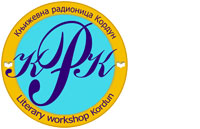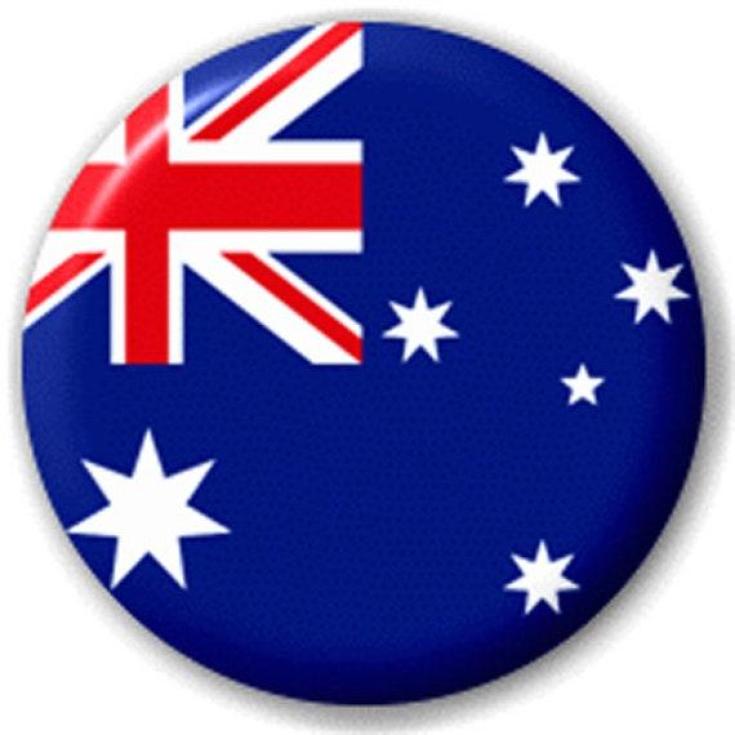|
|
|

WORLD CULTURE AND FOLK CUSTOM - AUSTRALIA  | Simo Jelača | |
| |
detail from: KRK Art dizajn
WORLD CULTURES & FOLK CUSTOMS - AUSTRALIA SIMO JELAČA, PhD
FORWARD
This book summarizes information about culture and customs of different nations. Noticeable differences in customs are among Christian, Islamic and Buddhist’s nations, although in all prevails intention for nice and greatest. It will be too much to include every country, as there are similarities among many nations of the same or close nationalities. Characteristic are Russia, Ukraine, Serbia, Belarus, Croatia, Montenegro, Macedonia, or as well as Germany and Austria. The similar conclusion values for Latin nations, among themselves too.Readers will find basic information about each country, such as its location and size, population and Ethnic Make-up, Religion, Climate, Language, Etiquettes and others. This book can equally be used for travelers, either as tourists or business people, therefore everyone will find necessary information about Etiquette of people at their homes as well as at the business.My intention was to find as much good information as possible. How much I have succeeded readers will judge it.
Author
AUSTRALIA
CULTURES AND FOLK CUSTOMS
Facts and StatisticsLocation: Oceania, continent between the Indian Ocean and the South Pacific Ocean.Size: 692.024 sq.km. Capital: Canberra, population 360,000Bigger cities are: Sydney 4 million; Melbourne 3.85 million, and Adelaide 1.2 million. Climate: Generally arid to semiarid; temperate in south and east; tropical in north Population: 20 million. Size: Australia is the planet's sixth largest country after Russia, Canada, China, the USA, and Brazil. At 7 692 024 km2, it accounts for just five percent of the world's land area of 149 450 000 km2, and although it is the smallest continental land mass, it is the world's largest island. Ethnic Make-up: Caucasian 92%, Asian 7%, aboriginal 1%.Religions: Anglican 26.1%, Roman Catholic 26%, other Christian 24.3%, non-Christian 11%, other 12.6% .Government: democratic, federal-state system recognizing the British monarch as sovereign. Languages in Australia English is the primary language used in Australia. Yet their colorful vocabulary, accent, phonetics system and slang ('Strine') can take a lot of getting used to. In 1788, there were about 250 separate Aboriginal languages spoken in Australia, plus dialects. Today, only two thirds of these languages survive and only 20 of them are still strong enough to have a chance of surviving well into the next century. In addition to these there are also the languages of immigrants from Europe, the Middle East and Asia.Australian Society & Culture · Australians are very down to earth and always mindful of not giving the impression that they think they are better than anyone else.· They value authenticity, sincerity, and loathe pretentiousness.· Australians prefer people who are modest, humble, self- deprecating and with a sense of humor.· They do not draw attention to their academic or other achievements and tend to distrust people who do.· They often downplay their own success, which may make them appear not to be achievement-oriented.Mates · Australians place a high value on relationships.· With a relatively small population, it is important to get along with everyone, since you never know when your paths may cross again.· This leads to a win-win negotiating style, since having everyone come away with positive feelings helps facilitate future business dealings.A Multicultural Society· The initial population of Australia was made up of Aborigines and people of British and Irish descent.· After World War II there was heavy migration from Europe, especially from Greece, Italy, Germany, the Netherlands, Yugoslavia, Lebanon, and Turkey.· This was in response to the Australian policy of proactively trying to attract immigrants to boost the population and workforce.· In the last thirty years, Australia has liberalized its immigration policy and opened its borders to South East Asia.· This has caused a real shift in self-perception as Aussies begin to re-define themselves as a multi-cultural and multi-faith society rather than the old homogenous, white, Anglo- Saxon, Protestant nation.Australian Etiquette & CustomsMeeting Etiquette· Australians are not very formal so greetings are casual and relaxed. · A handshake and smile suffices.· While an Australian may say, 'G'day' or 'G'day, mate', this may sound patronizing from a foreigner.· Visitors should simply say, 'Hello' or 'Hello, how are you?'· Aussies prefer to use first names, even at the initial meetingGift Giving Etiquette· Small gifts are commonly exchanged with family members, close friends, and neighbors on birthdays and Christmas.· Trades people such as sanitation workers may be given a small amount of cash, or more likely, a bottle of wine or a six-pack of beer!· If invited to someone's home for dinner, it is polite to bring a box of chocolates or flowers to the hostess. A good quality bottle of wine is always appreciated.· Gifts are opened when received.Dining Etiquette· Many invitations to an Aussies home will be for a 'Barbie' (BBQ).· Guests to a barbeque typically bring wine or beer for their personal consumption. In some cases, very informal barbecues may suggest that you bring your own meat!· Arrive on time if invited to dinner; no more than 15 minutes late if invited to a barbeque or a large party.· Contact the hostess ahead of time to see if she would like you to bring a dish.· Offer to help the hostess with the preparation or clearing up after a meal is served.Watch your table manners!· Table manners are Continental -- hold the fork in the left hand and the knife in the right while eating.· Indicate you have finished eating by laying your knife and fork parallel on your plate with the handles facing to the right.· Keep your elbows off the table and your hands above the table when eating.Business Etiquette and Customs in AustraliaRelationships & Communication· Australians are very matter of fact when it comes to business so do not need long- standing personal relationships before they do business with people.· Australians are very direct in the way they communicate.· There is often an element of humor, often self-deprecating, in their speech.· Aussies often use colorful language that would be unthinkable in other countries.Business Meeting Etiquette· Appointments are necessary and relatively easy to schedule.· They should be made with as much lead time as possible.· Punctuality is important in business situations. It is better to arrive a few minutes early than to keep someone waiting.· Meetings are generally relaxed; however, they are serious events.· If an Australian takes exception to something that you say, they will tell you so.· If you make a presentation, avoid hype, making exaggerated claims, or bells and whistles.· Present your business case with facts and figures. Emotions and feelings are not important in the Australian business climate.Negotiating and Decision Making· Australians get down to business quickly with a minimum amount of small talk.· They are quite direct and expect the same in return. They appreciate brevity and are not impressed by too much detail.· Negotiations proceed quickly. Bargaining is not customary. They will expect your initial proposal to have only a small margin for negotiation.· They do not like high-pressure techniques.· Decision-making is concentrated at the top of the company, although decisions are made after consultation with subordinates, which can make decision making slow and protracted.· What to wear?· Business dress is conservative in Melbourne and Sydney.· Men should wear a dark coloured, business suit.· Women should wear a smart dress or a business suit.· In Brisbane or other tropical areas, depending on the job function and company culture, men may wear shirts, ties and Bermuda shorts.Business Cards· Business cards are exchanged at the initial introduction without formal ritual. If you are not given a business card, it is not an insult; the person simply may not have one.
|


















